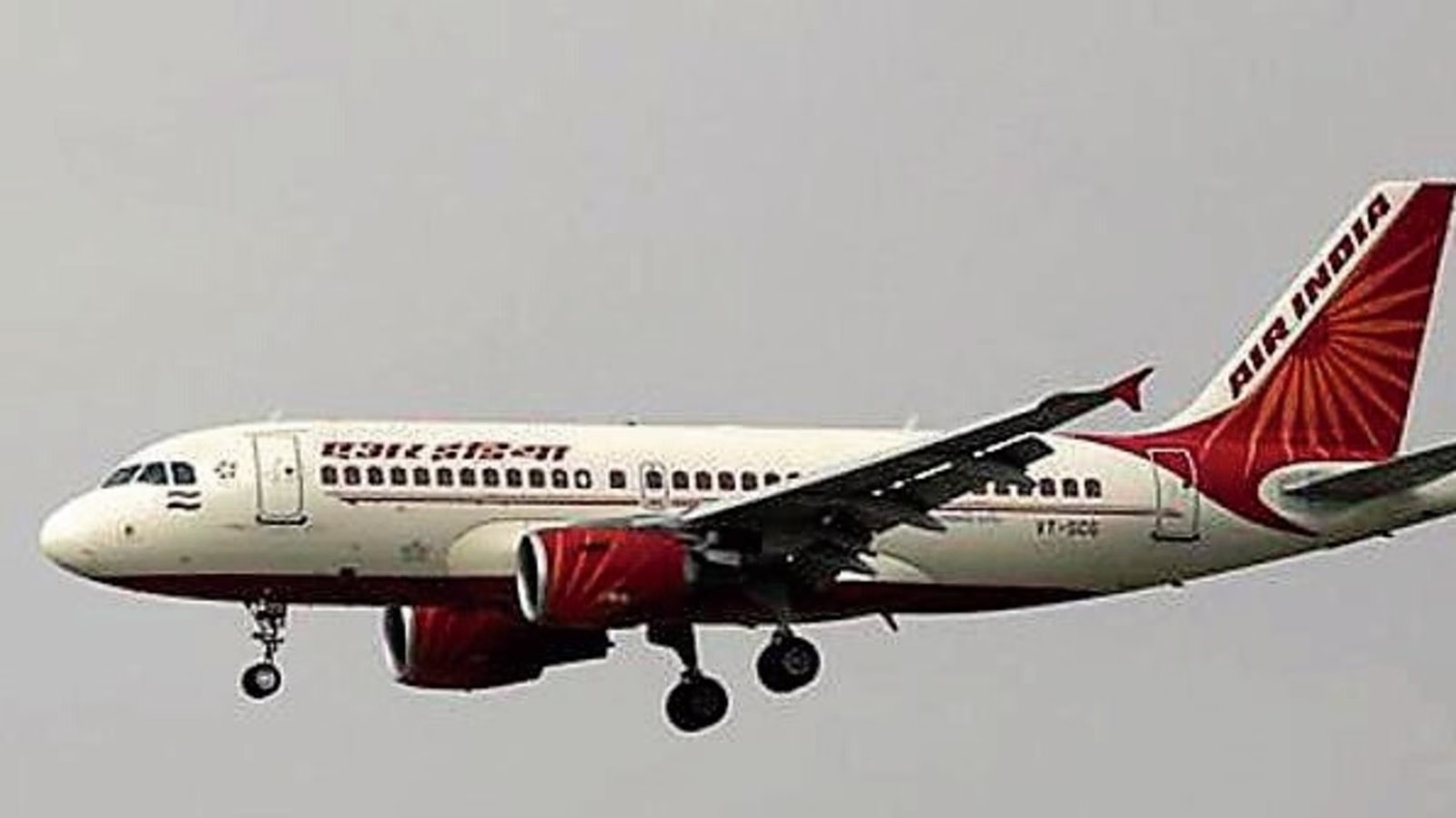Adani Airport Holdings has officially terminated its partnership with Chinese travel platform DragonPass, citing rising concerns over national security. The decision comes just weeks after the partnership was announced in early May, and follows India’s tightening scrutiny of foreign entities in the wake of Operation Sindoor and recent national security threats like the Pahalgam terror attack.
DragonPass, headquartered in Guangzhou, China, offers premium travel services such as airport lounge access, typically bundled with credit card privileges and corporate travel programs. Globally, it operates a vast network of over 1,200 lounges, and has strategic partnerships with major players like Plaza Premium Group.
In India, DragonPass had made significant inroads. Its services were available at major Adani-managed airports—Mumbai, Ahmedabad, Lucknow, Jaipur, and Guwahati—as well as multiple lounges across Delhi International Airport, including T1D, T2D, T3 Arrivals, and both International and Domestic lounges in Terminal 3. Beyond these major hubs, it had expanded to lounges in over 30 cities, including Bengaluru, Hyderabad, Chennai, Kolkata, Goa, Pune, Srinagar, and more.
The decision to sever ties aligns with India’s increased focus on securing critical infrastructure, especially in aviation. With heightened tensions and scrutiny over foreign—particularly Chinese and Turkish—influence in sensitive sectors, concerns arose regarding data privacy, passenger information access, and potential surveillance risks. Given the highly sensitive nature of airport operations, the association with a Chinese entity was deemed a security liability.
Interestingly, while DragonPass is a Chinese platform, it is led by CEO Mark Ian Koch, a British national who also heads DragonPass International Ltd, based in the United Kingdom. The company has been on an aggressive global expansion drive, targeting 1,500 lounges by 2025 and claiming a user base of over 10 million members.
For Indian travelers, the exit of DragonPass won’t leave a gaping hole. Priority Pass remains a top-tier global lounge access provider, often bundled with Indian bank cards. Additionally, DreamFolks, an Indian aggregator, continues to offer extensive domestic lounge coverage. Many premium credit cards from Indian banks also provide lounge access perks directly.
While DragonPass’s withdrawal may affect convenience for a subset of frequent flyers, the broader message is clear: India is prioritizing the security and integrity of its data and infrastructure. This move may well signal a wider reassessment of foreign collaborations in sensitive sectors, although no similar announcements have been made by other airport operators yet.











